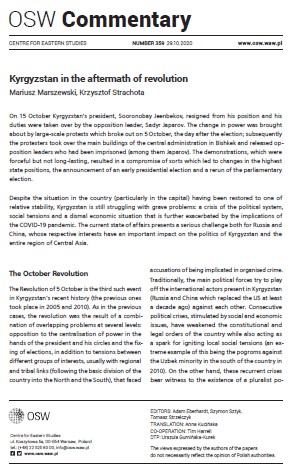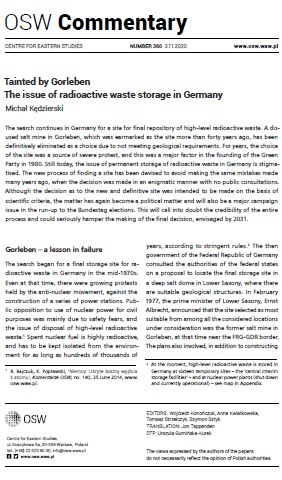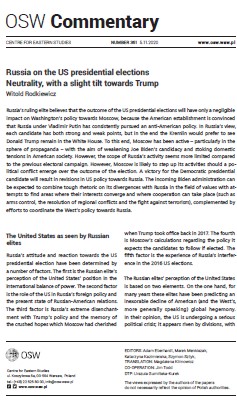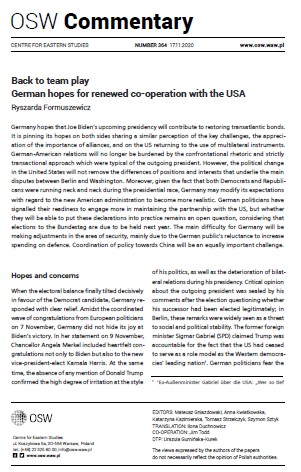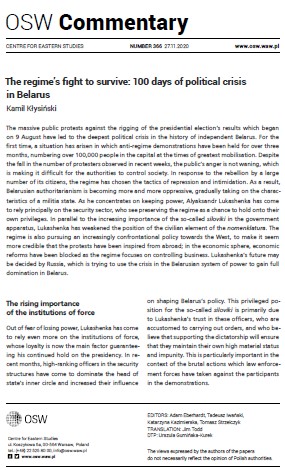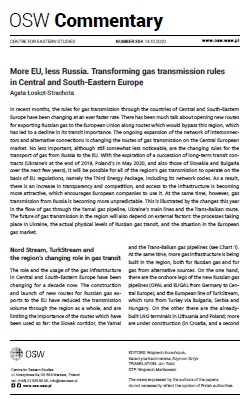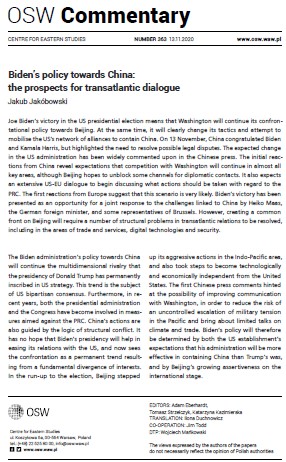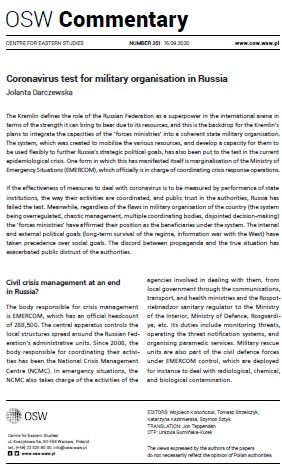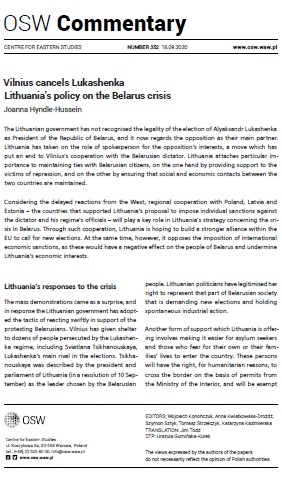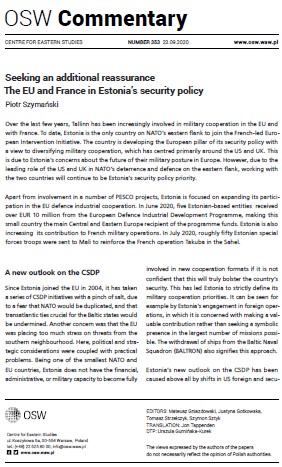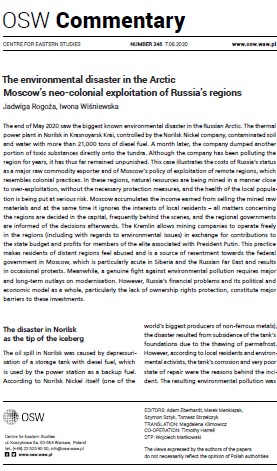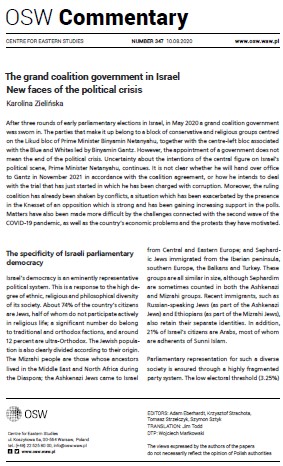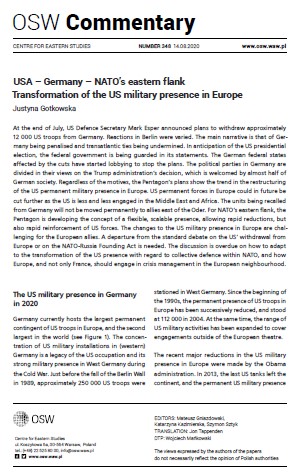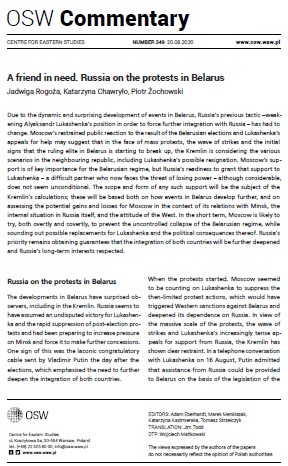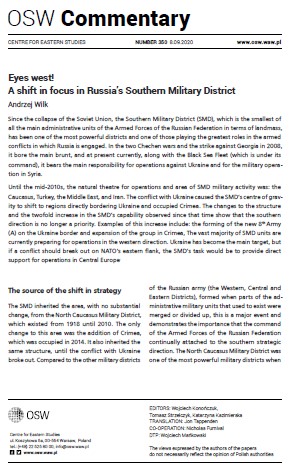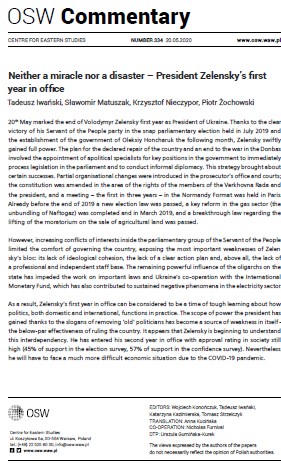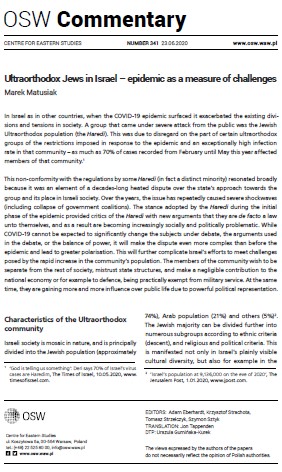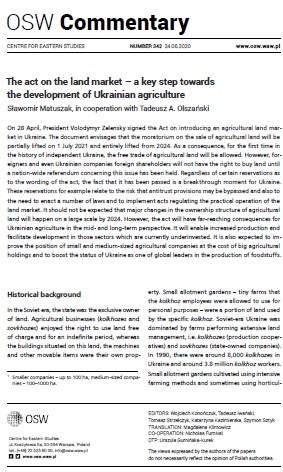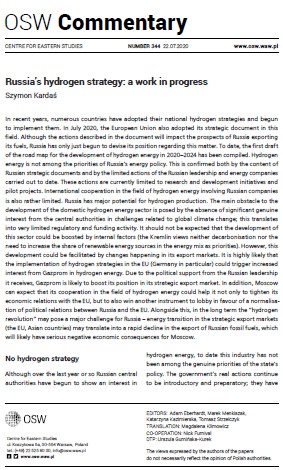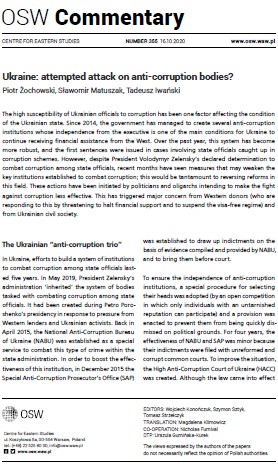
Ukraine: attempted attack on anti-corruption bodies?
Ukraine: attempted attack on anti-corruption bodies?
Keywords: Ukraine; anti-corruption system; President Zelensky’s anti-corruption dilemmas;
The high susceptibility of Ukrainian officials to corruption has been one factor affecting the condition of the Ukrainian state. Since 2014, the government has managed to create several anti-corruption institutions whose independence from the executive is one of the main conditions for Ukraine to continue receiving financial assistance from the West. Over the past year, this system has become more robust, and the first sentences were issued in cases involving state officials caught up in corruption schemes. However, despite President Volodymyr Zelensky’s declared determination to combat corruption among state officials, recent months have seen measures that may weaken the key institutions established to combat corruption; this would be tantamount to reversing reforms in this field. These actions have been initiated by politicians and oligarchs intending to make the fight against corruption less effective. This has triggered major concern from Western donors (who are responding to this by threatening to halt financial support and to suspend the visa-free regime) and from Ukrainian civil society.
More...
